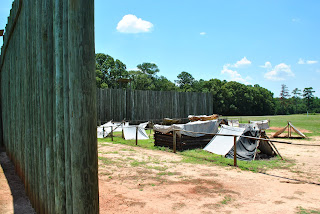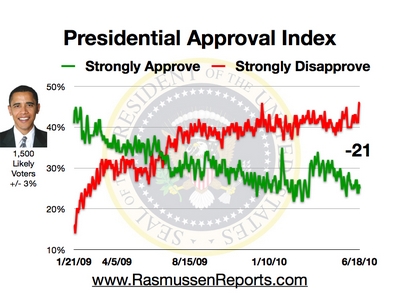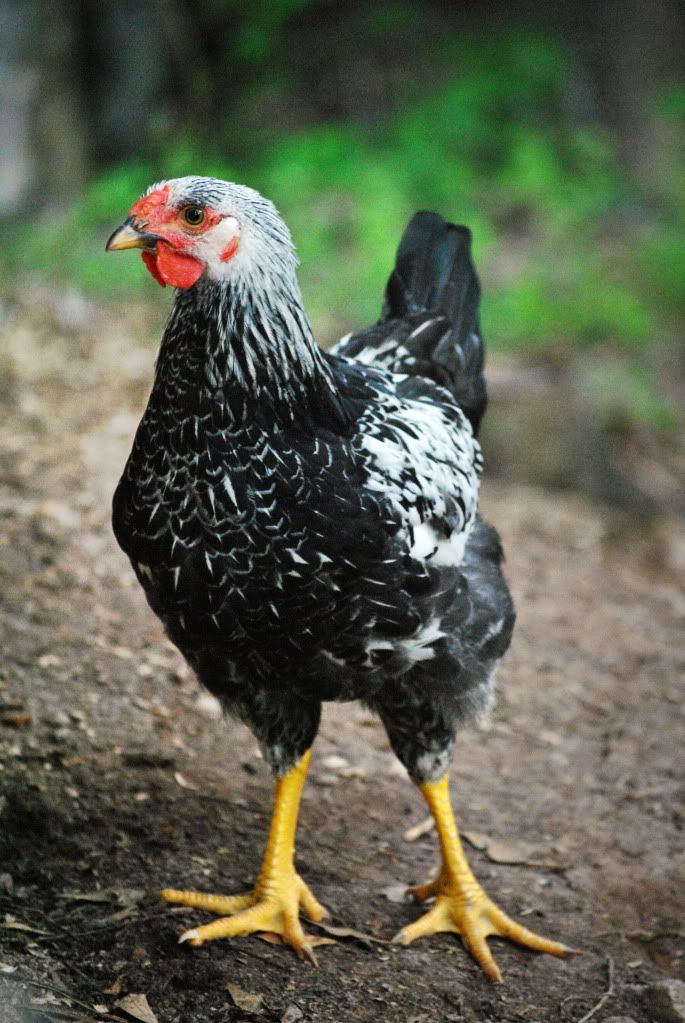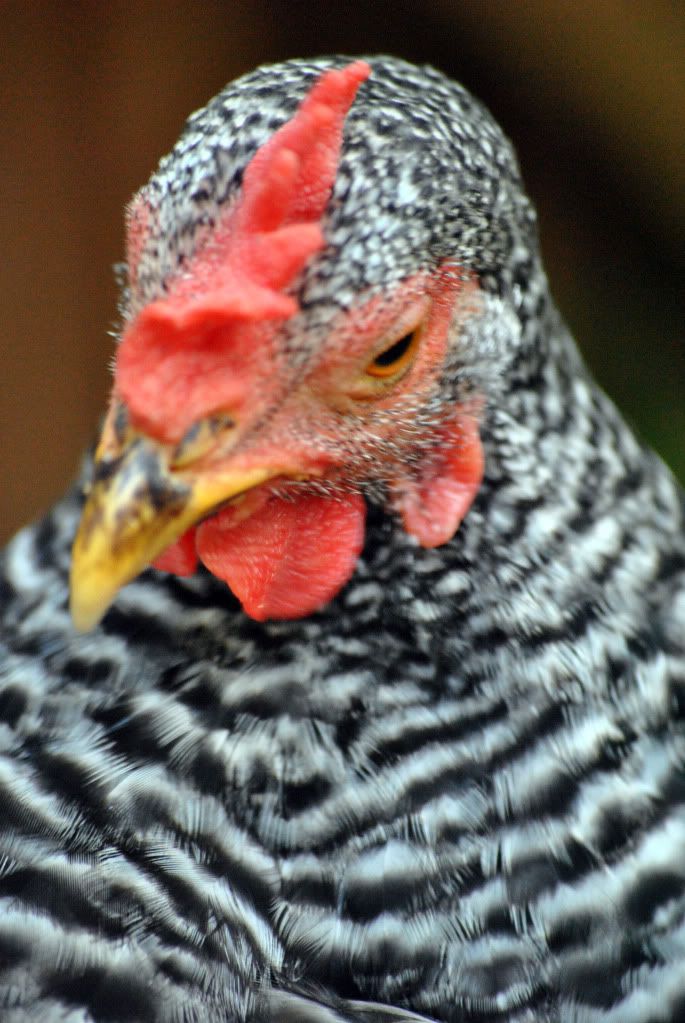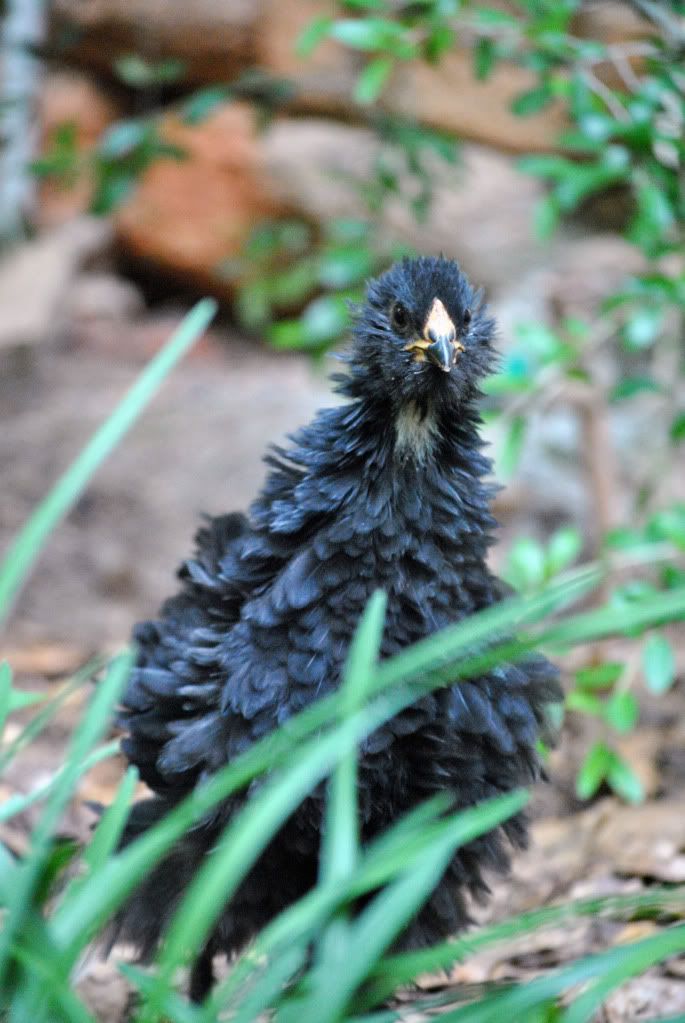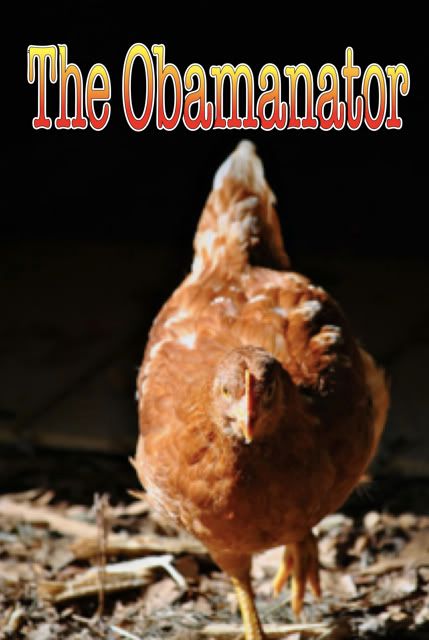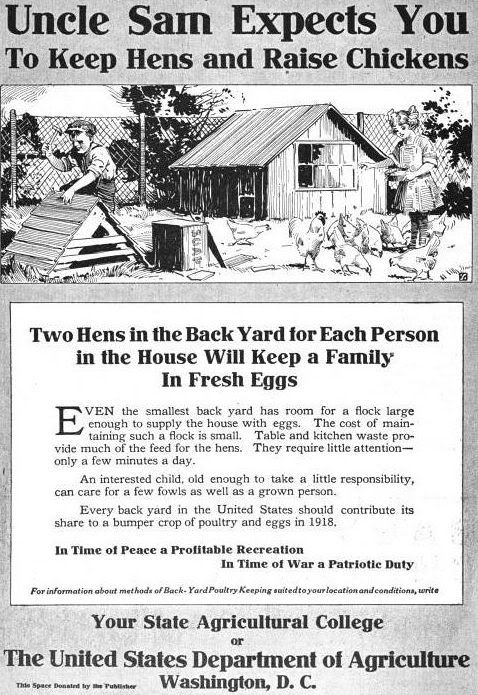
I have a large vegetable garden. Each year I grow tomatoes, peppers, beans, eggplants, squash, zucchini, beets, chard and various other things. Without fail, when I tell people about my garden, they ask, "Is it organic?"
Not to sound insensitive, but when I hear this, I wonder if that person has ever tried to grow vegetables in Georgia. We have a wonderfully long growing season here in Georgia and mild winters mean I can grow vegetables year round. But we also have three things that make gardening a challenge. Bugs. Humidity. Red clay.

Our mild winters means the bugs are never killed off by cold weather. Come spring, they are back with a vengeance. I've tried organic concoctions to kill the bugs. I've even had lady bugs shipped in (they were half dead and the rest flew away). When it finally came down to it, it was either, the bugs get to eat or my family does. I'm not working my tail off to feed the bugs.


The high humidity means that fungal diseases can run rampant if not controlled. One year I lost nearly my entire tomato crop because I didn't spray for blight. I love to try heirloom varieties, but the only way I can grow something other than blight resistant hybrids is to spray for fungal diseases. And I've found that even the blight resistant varieties and not blight proof.

My first garden was a failure because the soil was so bad. My husband tilled up a spot in our field. I say tilled up, but the soil was so hard, the tines of the tiller would only penetrate 2 or 3 inches into the soil. With help from my mom, I have spent the last five years working leaves and grass clippings into the clay to make rich, loamy soil. The problem is, those leaves and clippings require a lot of nitrogen to break down. So I fertilize. A lot.
According to the
Mayo Clinic, among others, there is "No conclusive evidence shows that organic food is more nutritious than is conventionally grown food. And the USDA — even though it certifies organic food — doesn't claim that these products are safer or more nutritious."
Organic foods may cause greater environmental impact than traditionally grown crops since yields are lower and more land is required to produce the same amount of food.
So no, my garden is not organic. If it were, my family would get very few vegetables fit for consumption. I limit my use of chemicals as much as possible, try not to spray or dust when bees are active and pay close attention to label instructions on how long to wait to harvest after treating, but I am not organic. My chickens are free range, but not organic since I supplement their scratching with non-organic feed. Do you have any idea what the organic stuff costs?!





